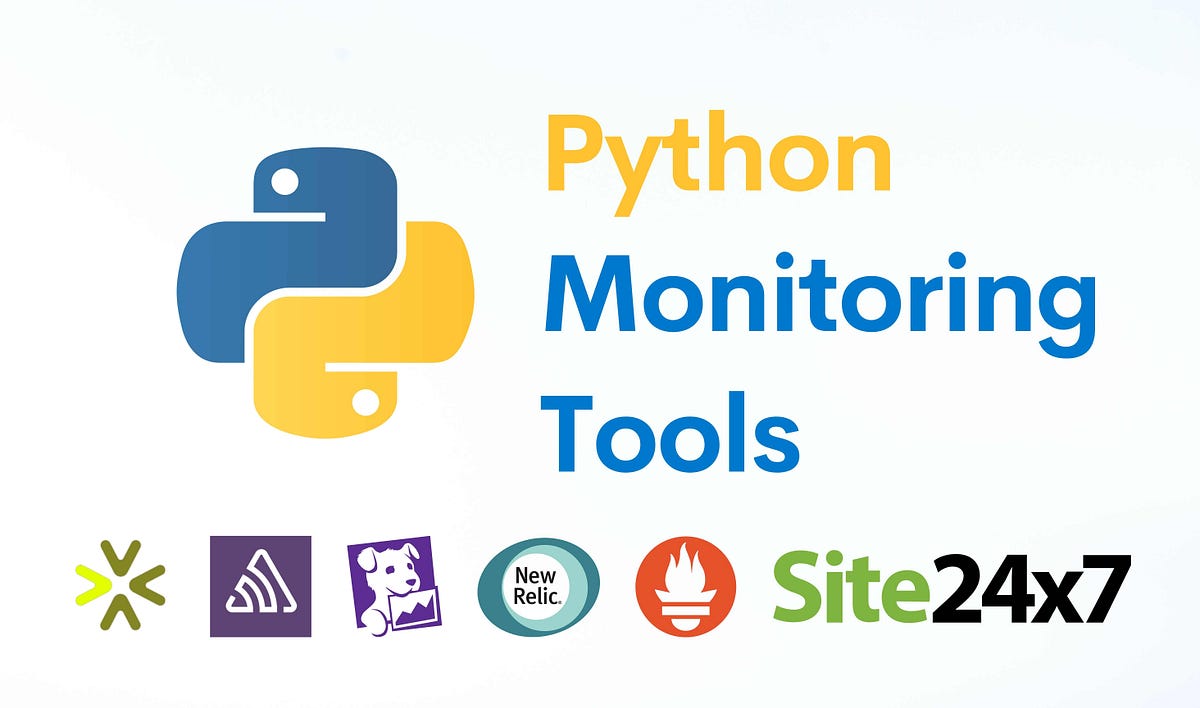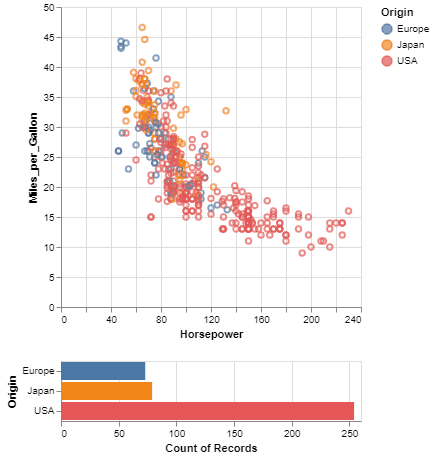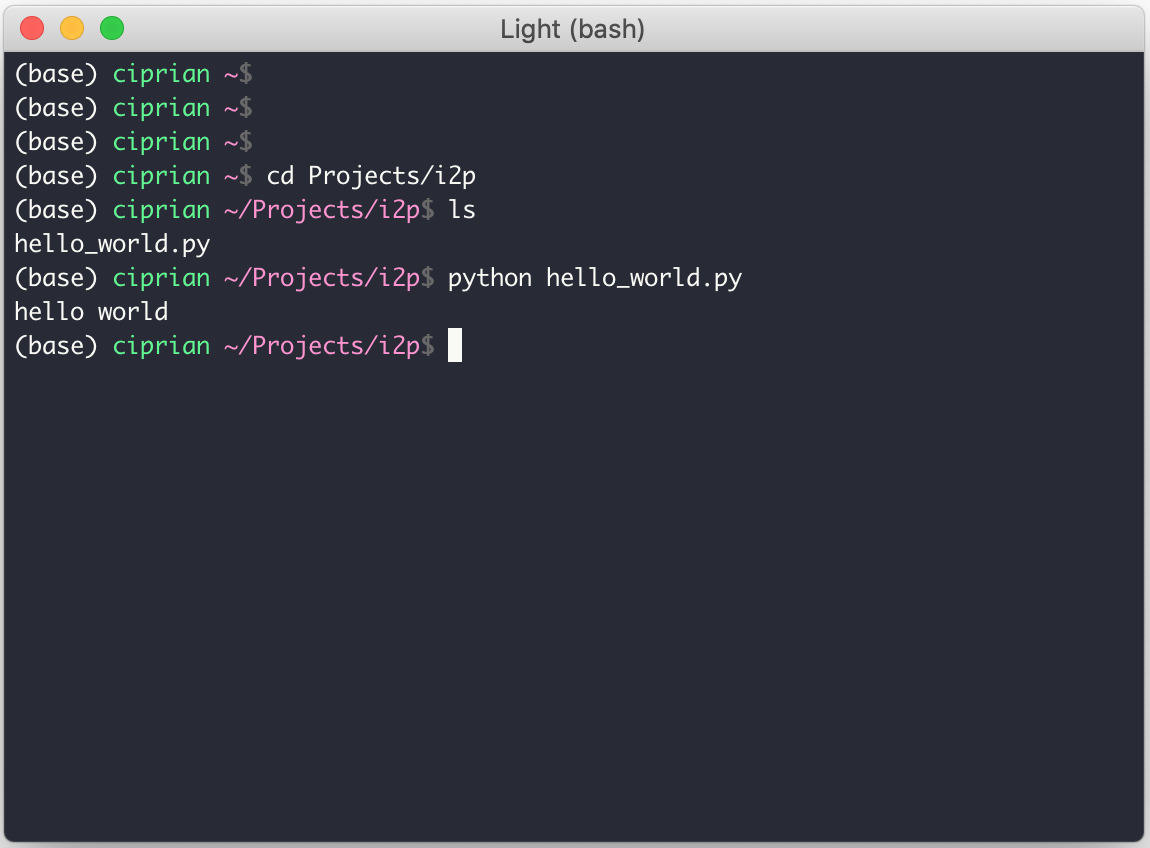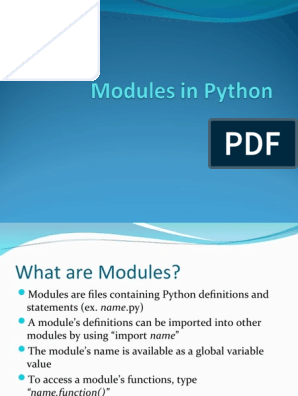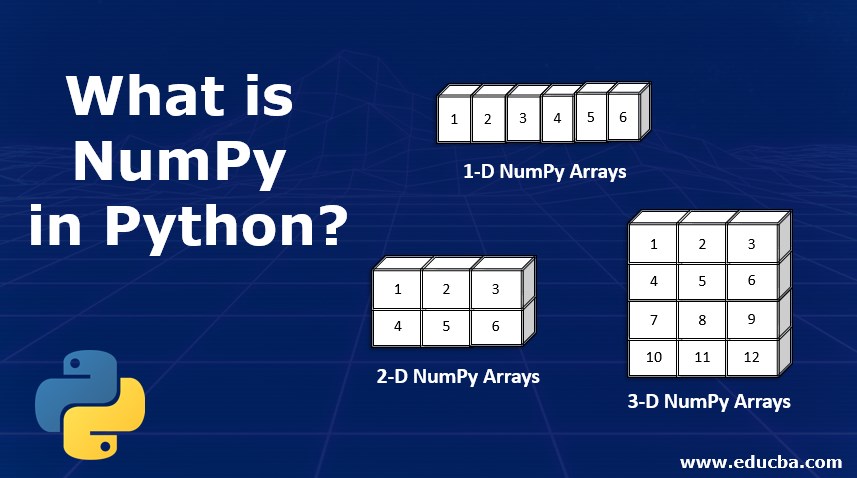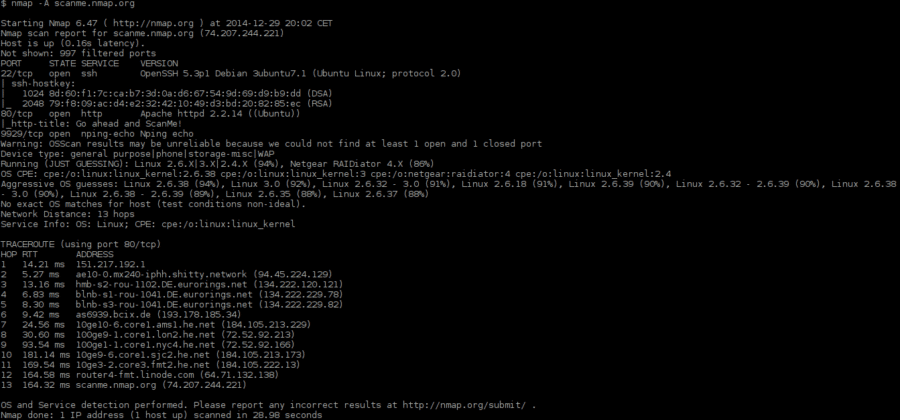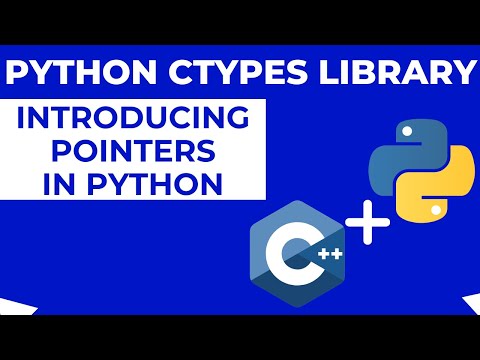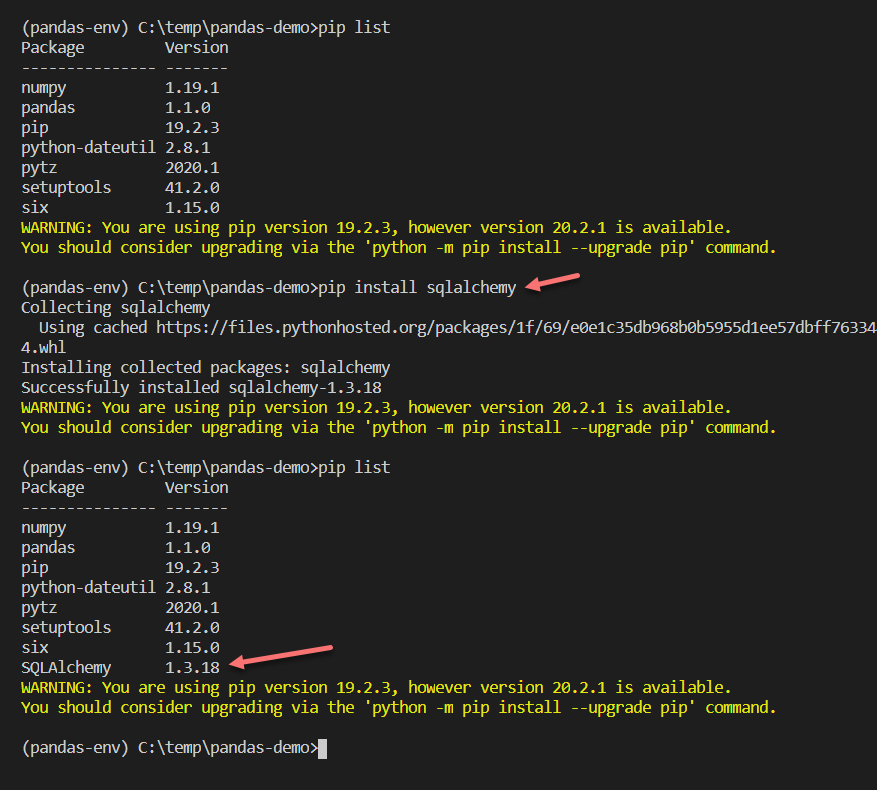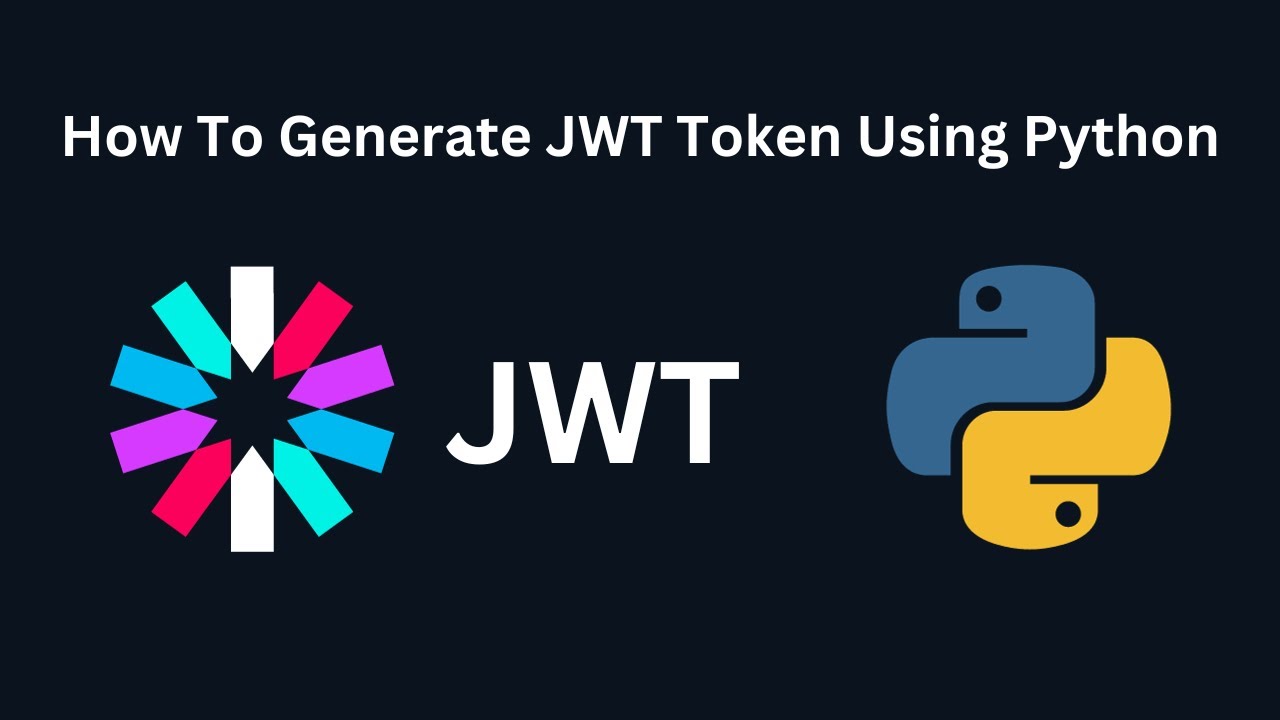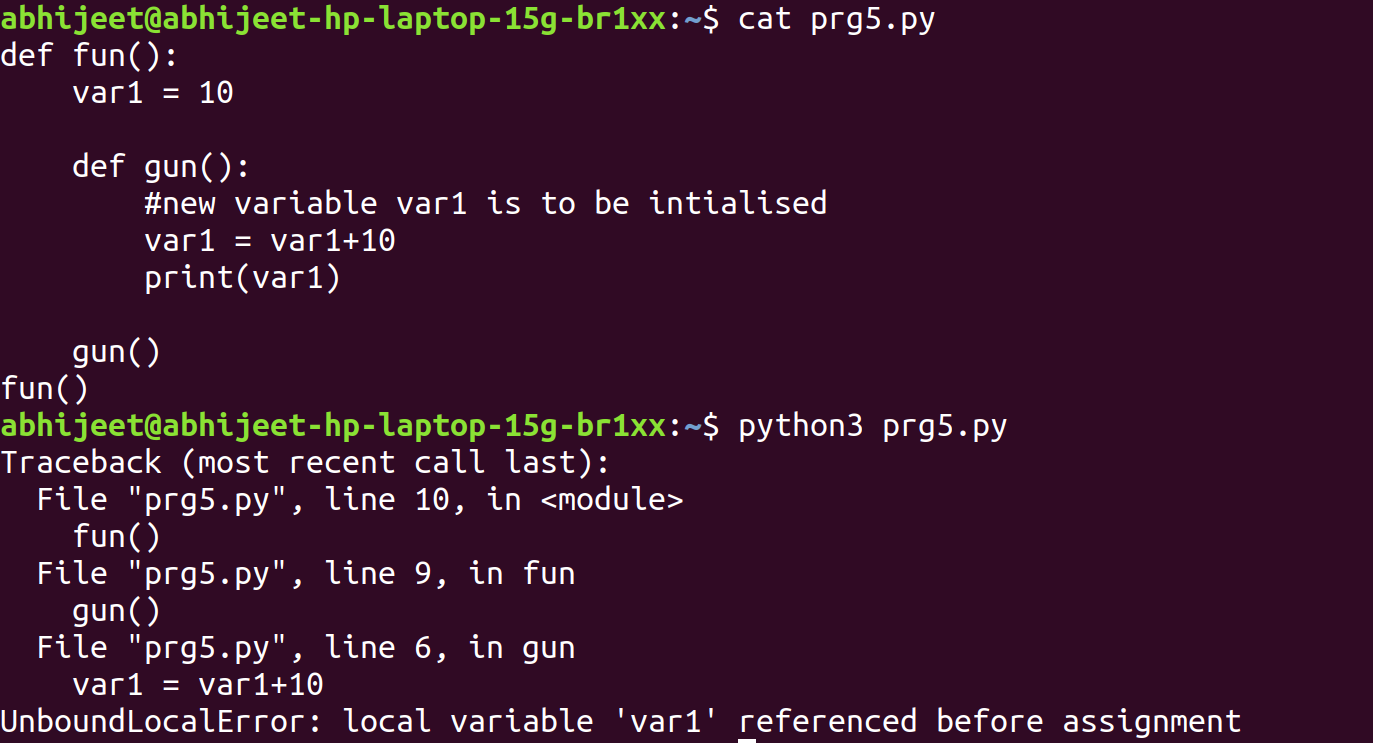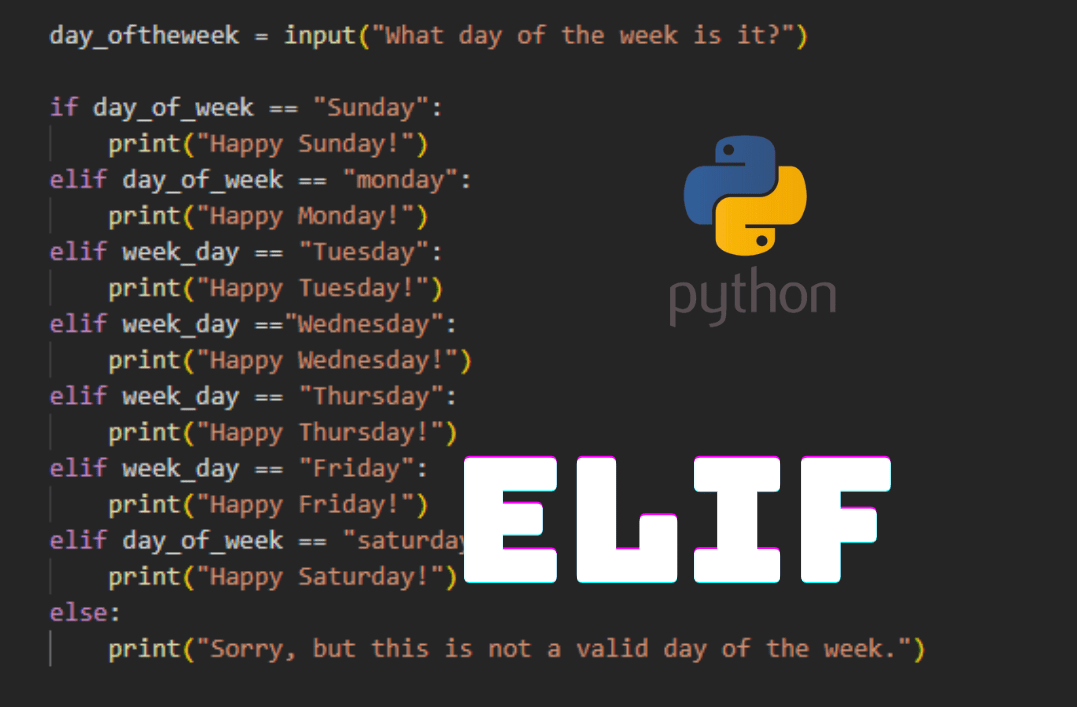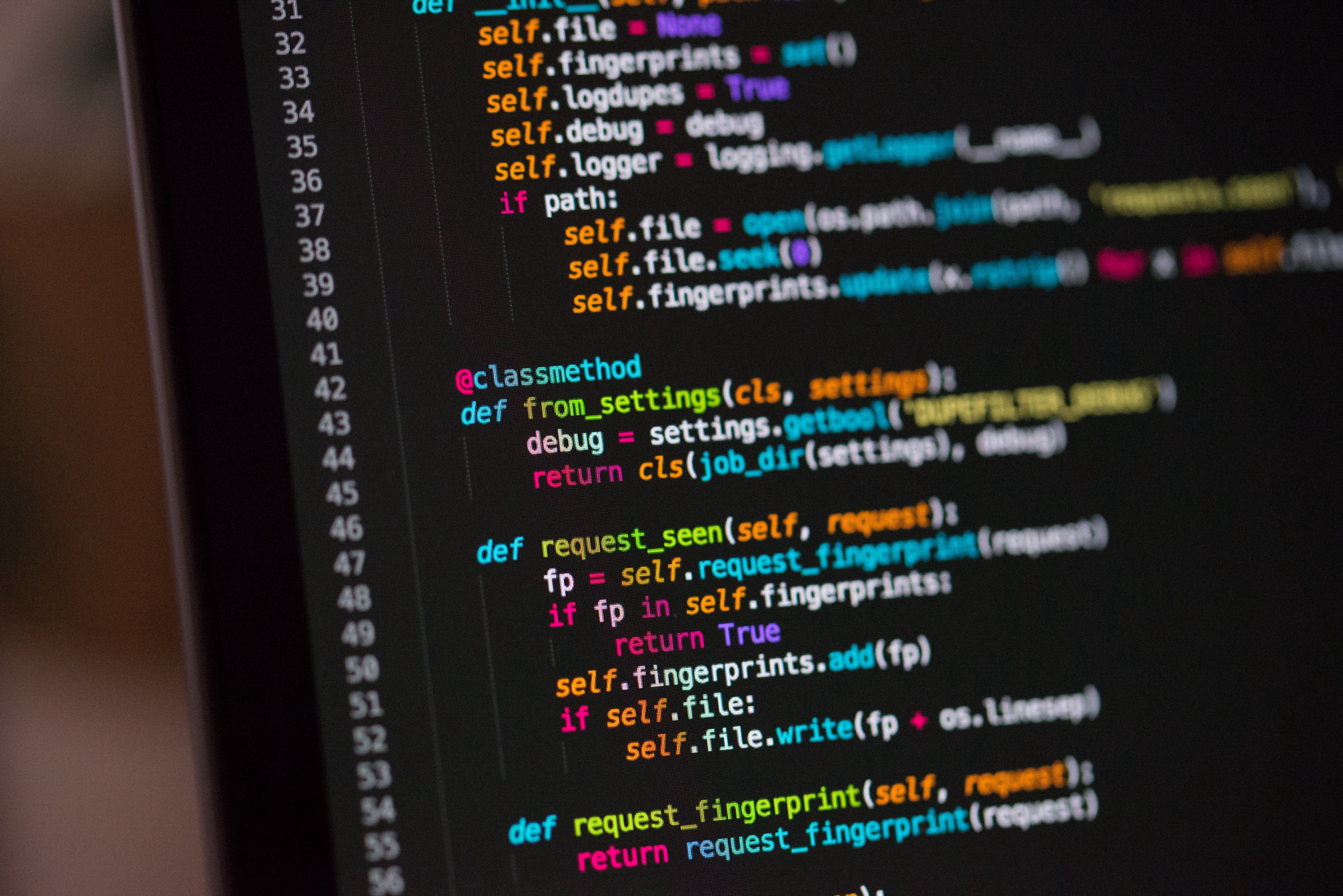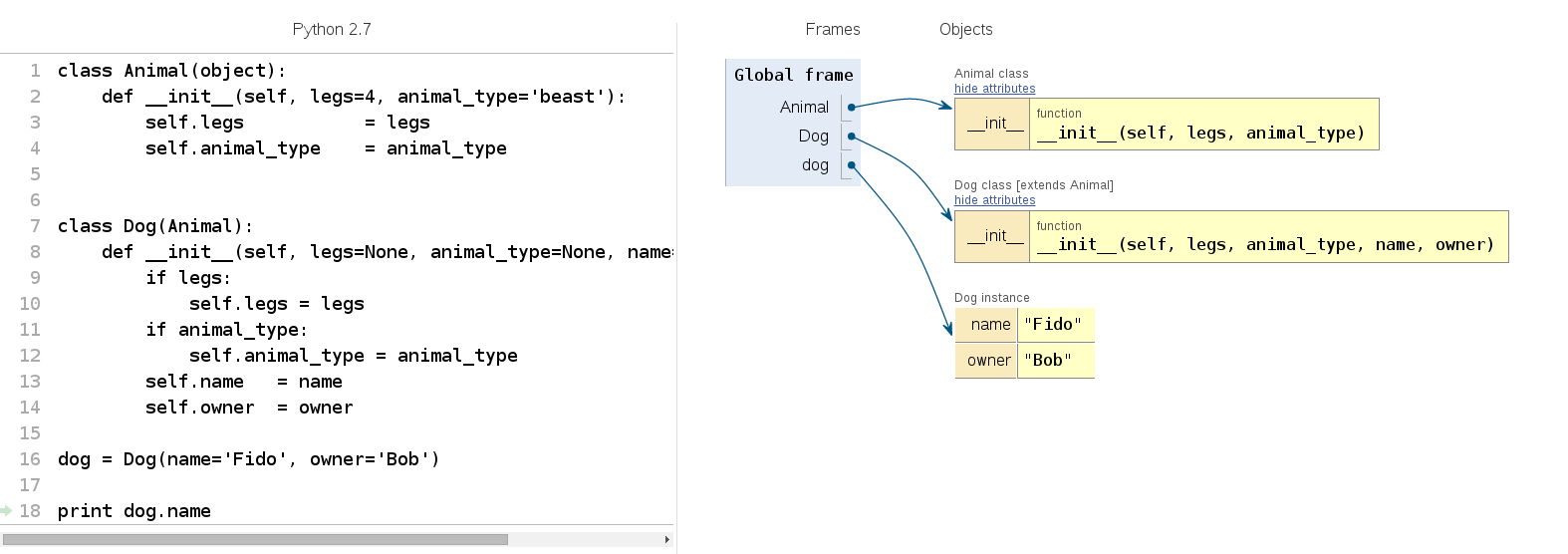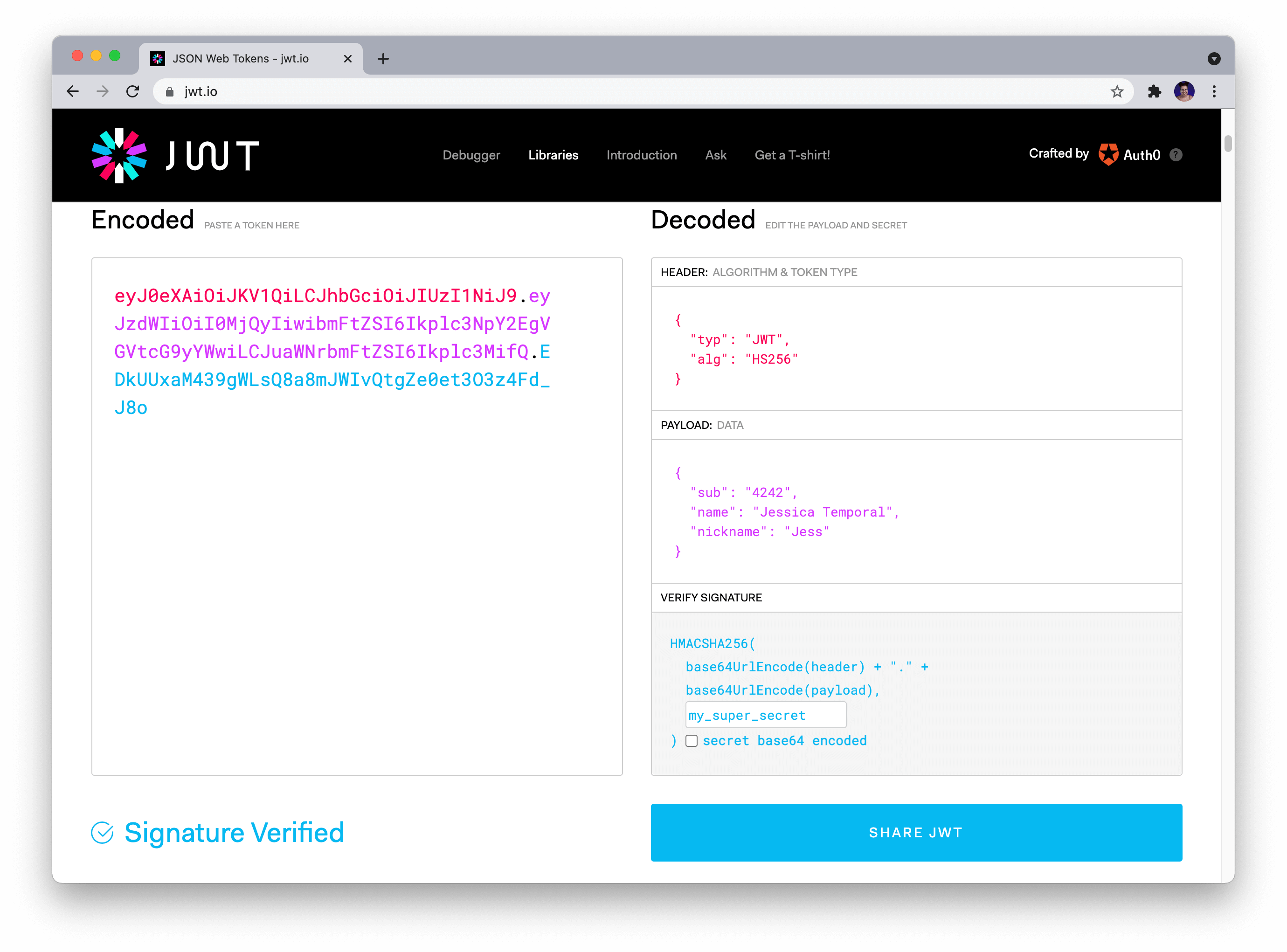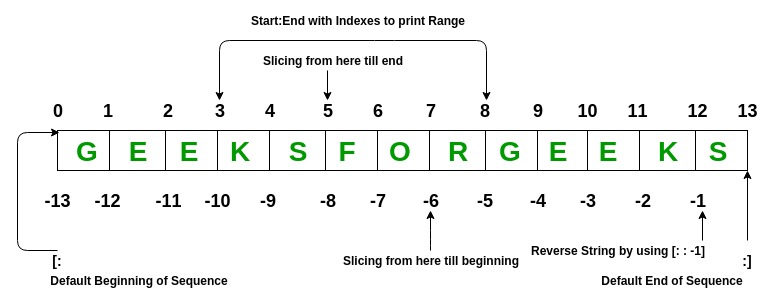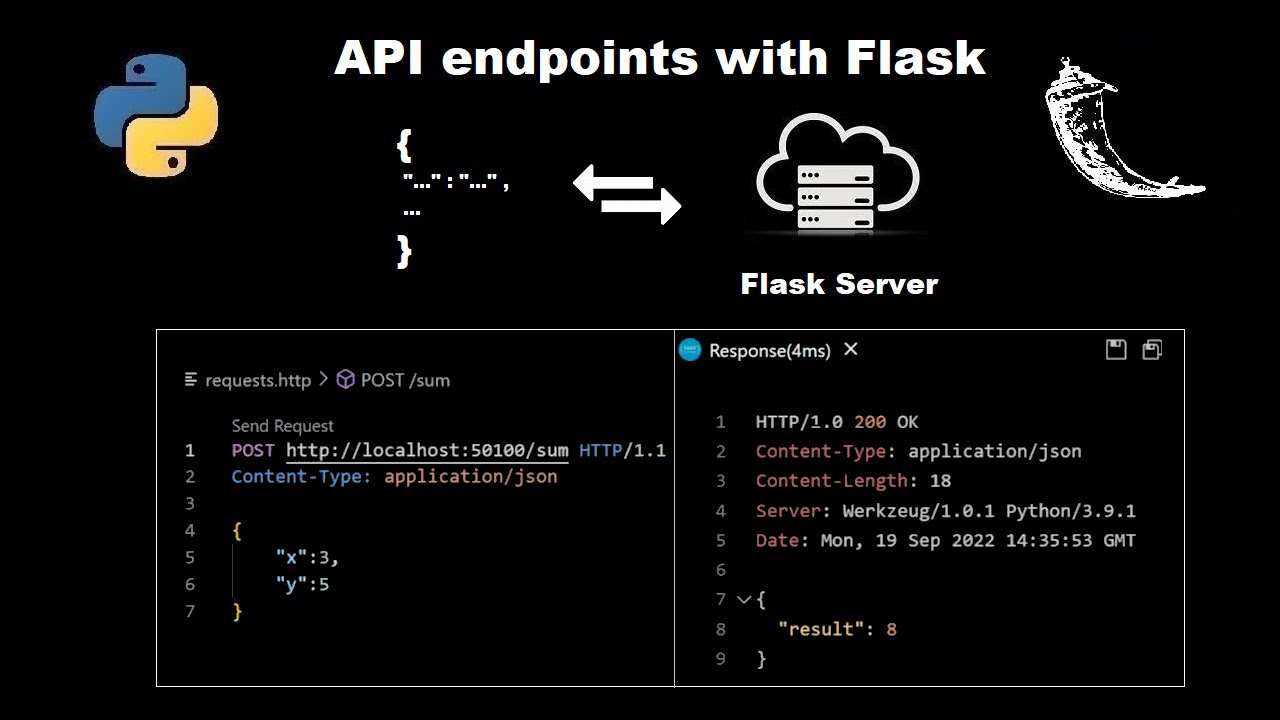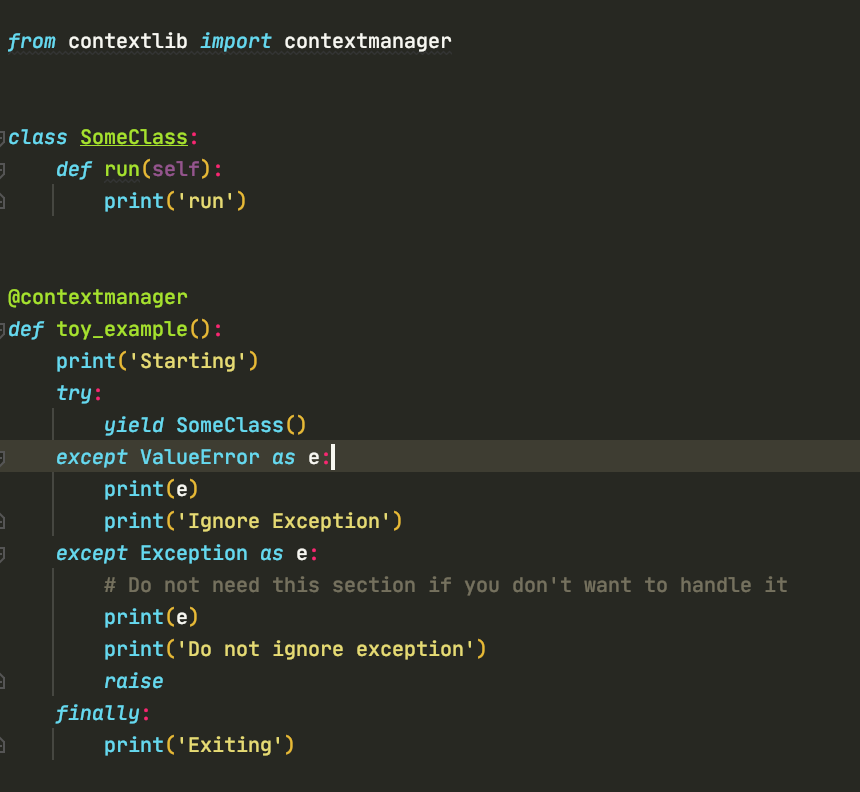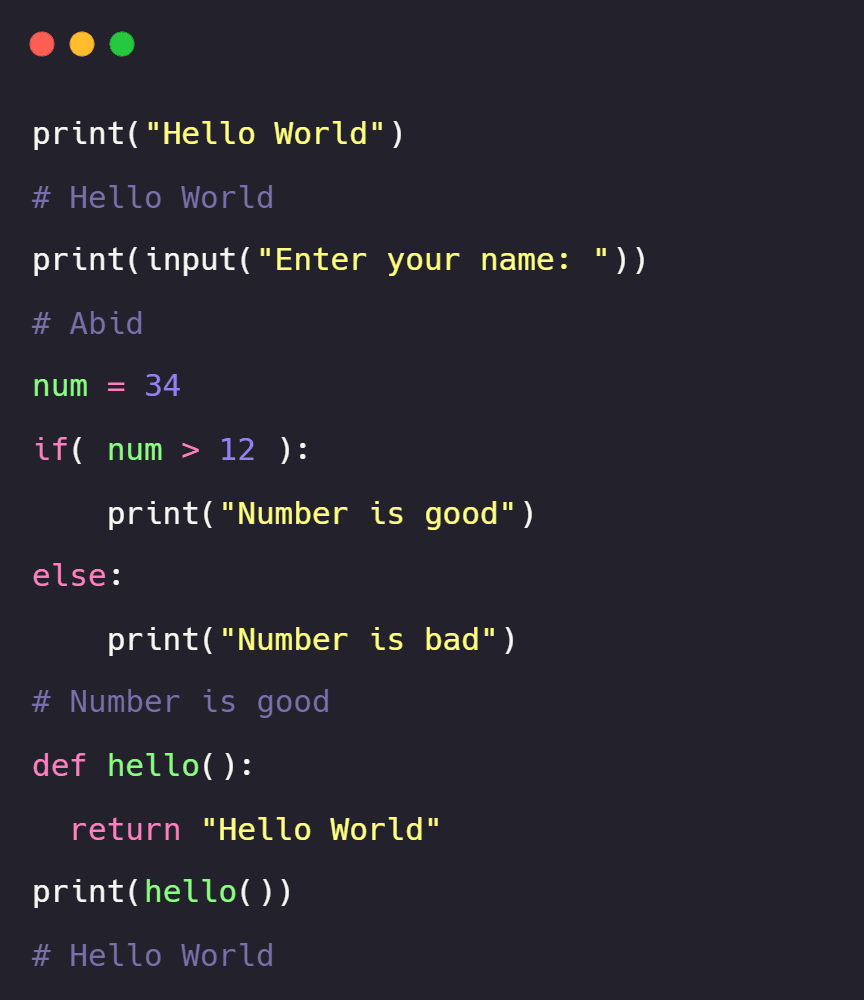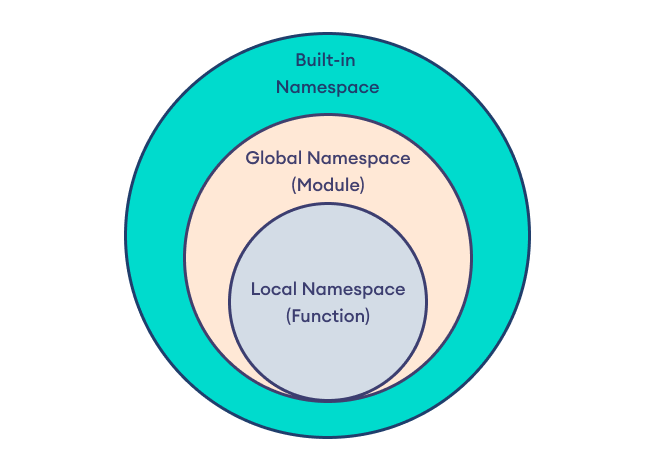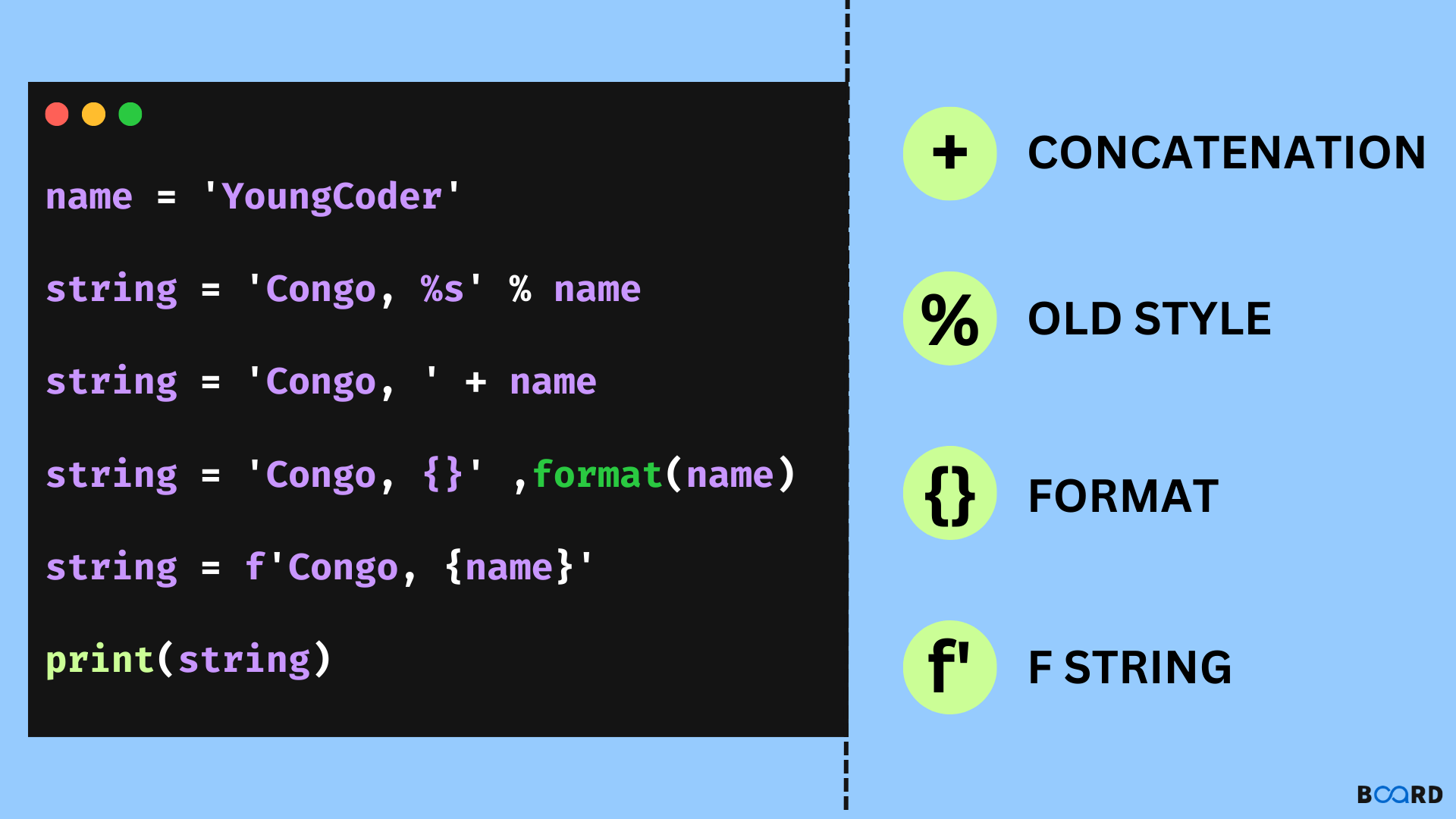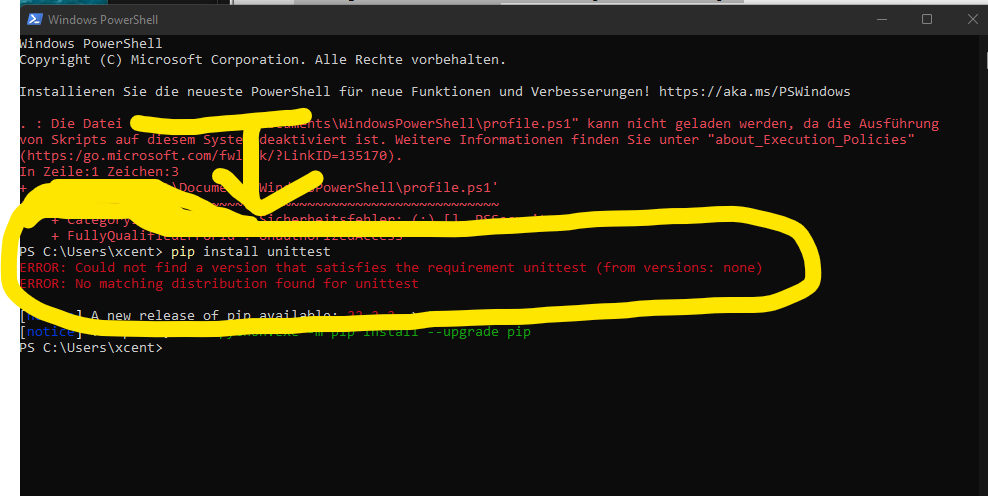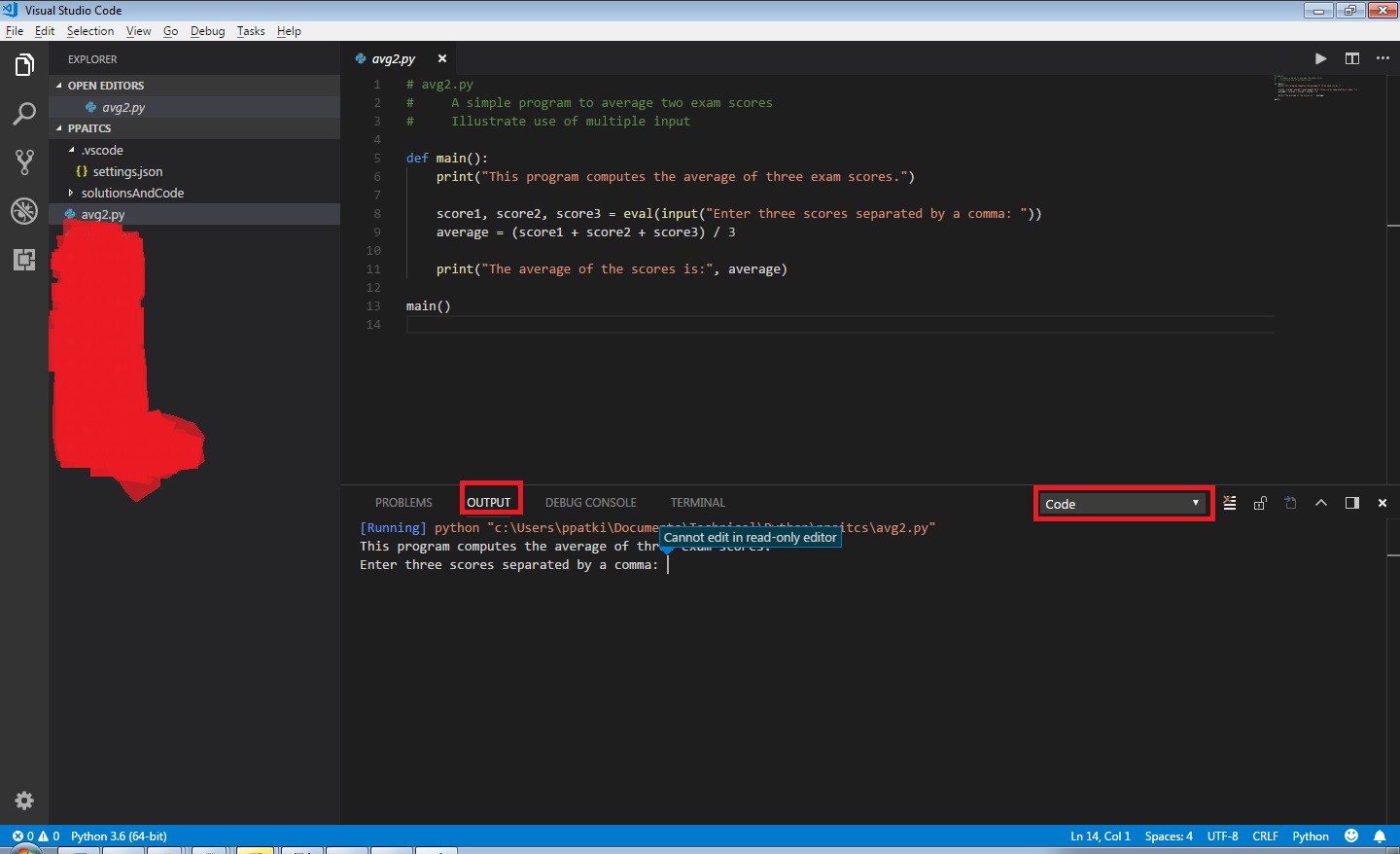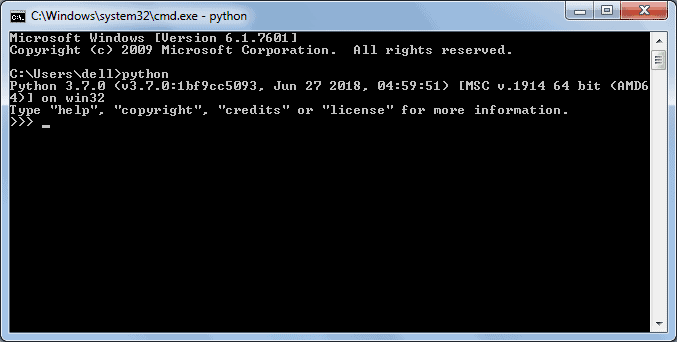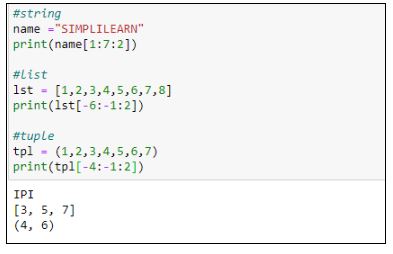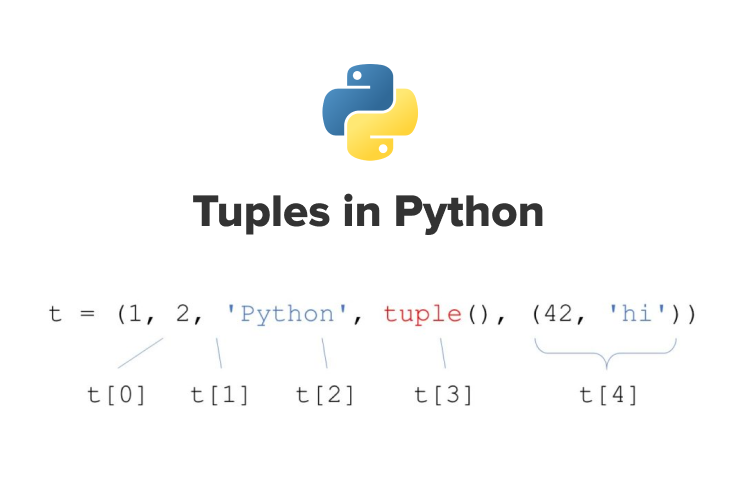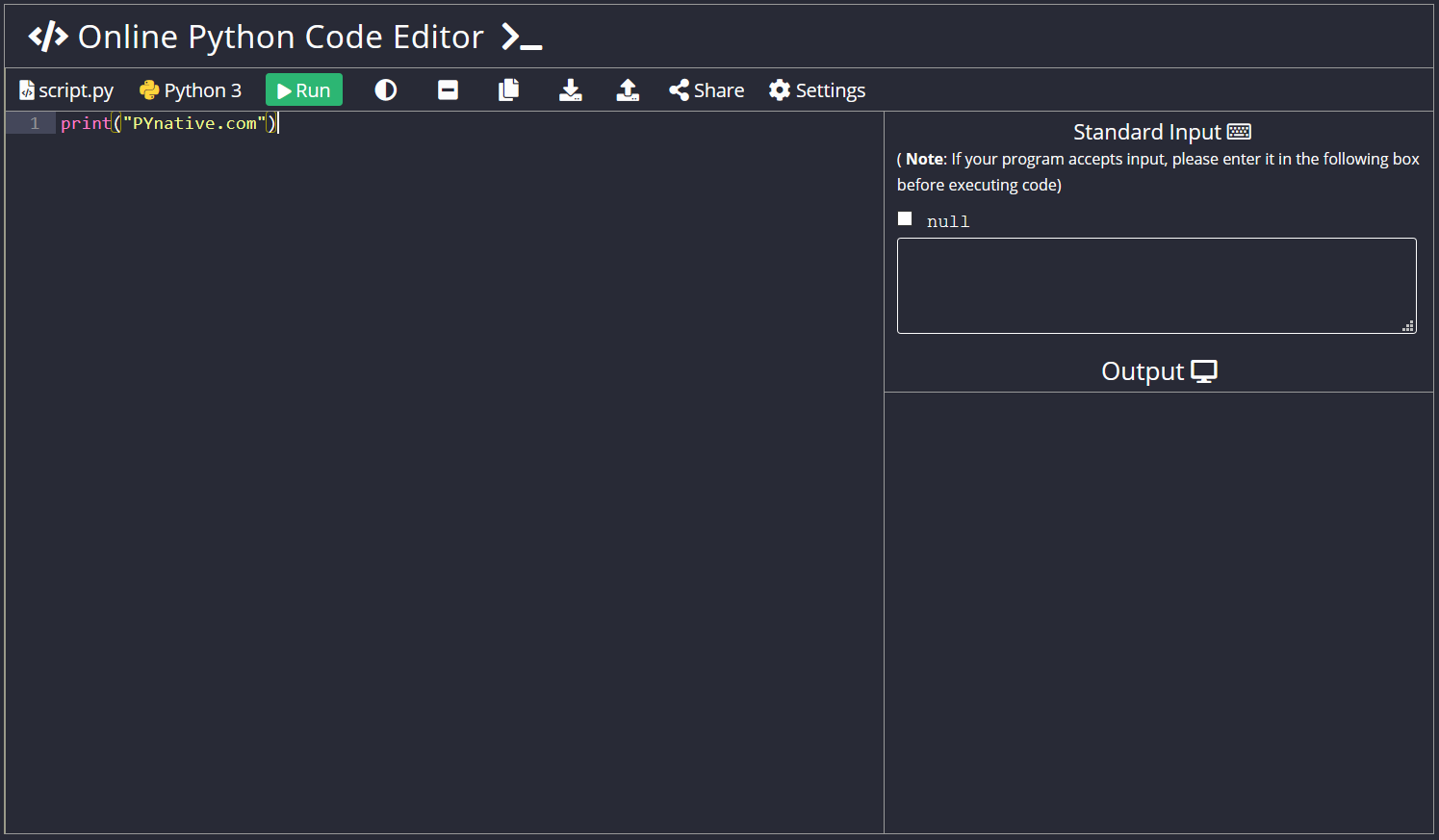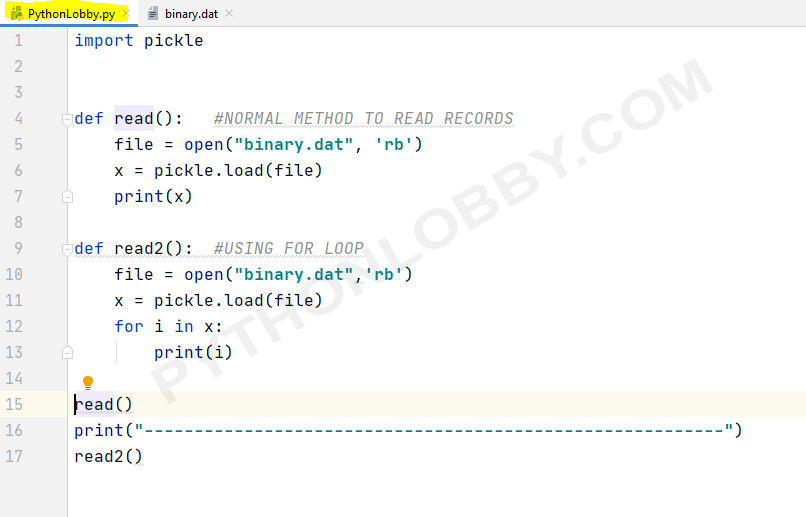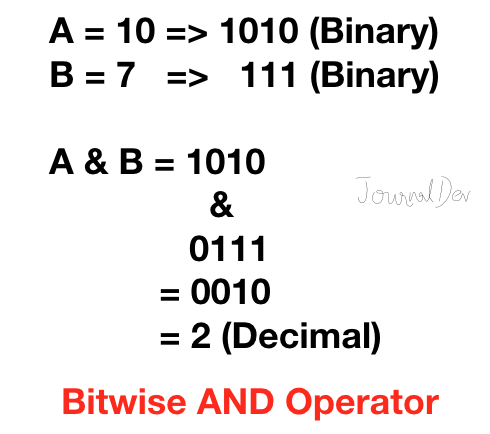How long does it take to learn Python for free?
How long does it take to learn Python for free?
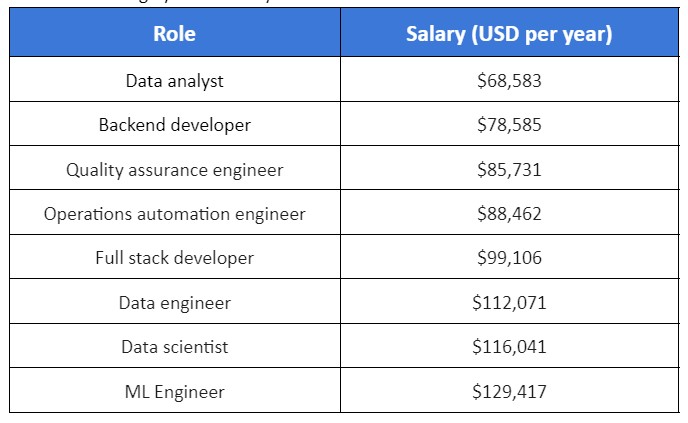
I'd be happy to provide an answer in English.
Learning Python can be a fantastic skill to acquire, and the good news is that you can start learning it for free! While it's true that there are many online courses and resources that require payment, there are also plenty of excellent free options out there. Here's what you need to know:
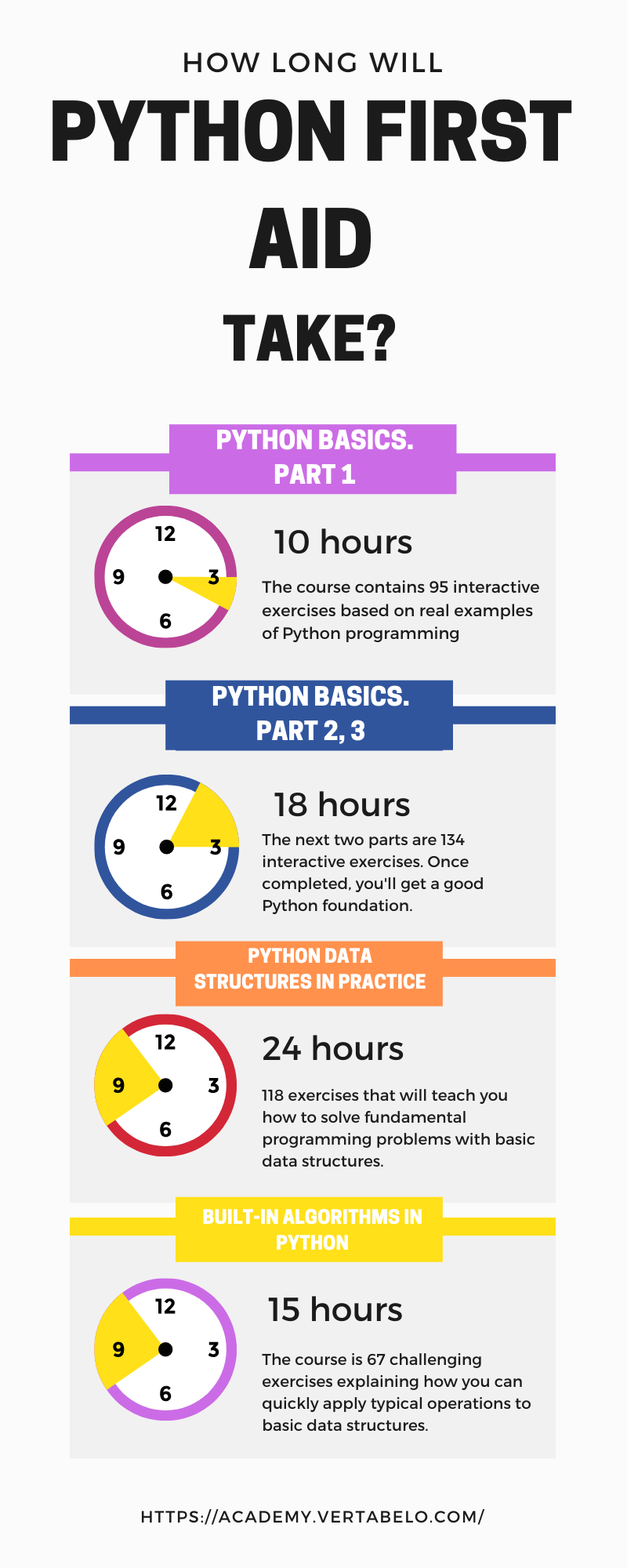
Getting Started
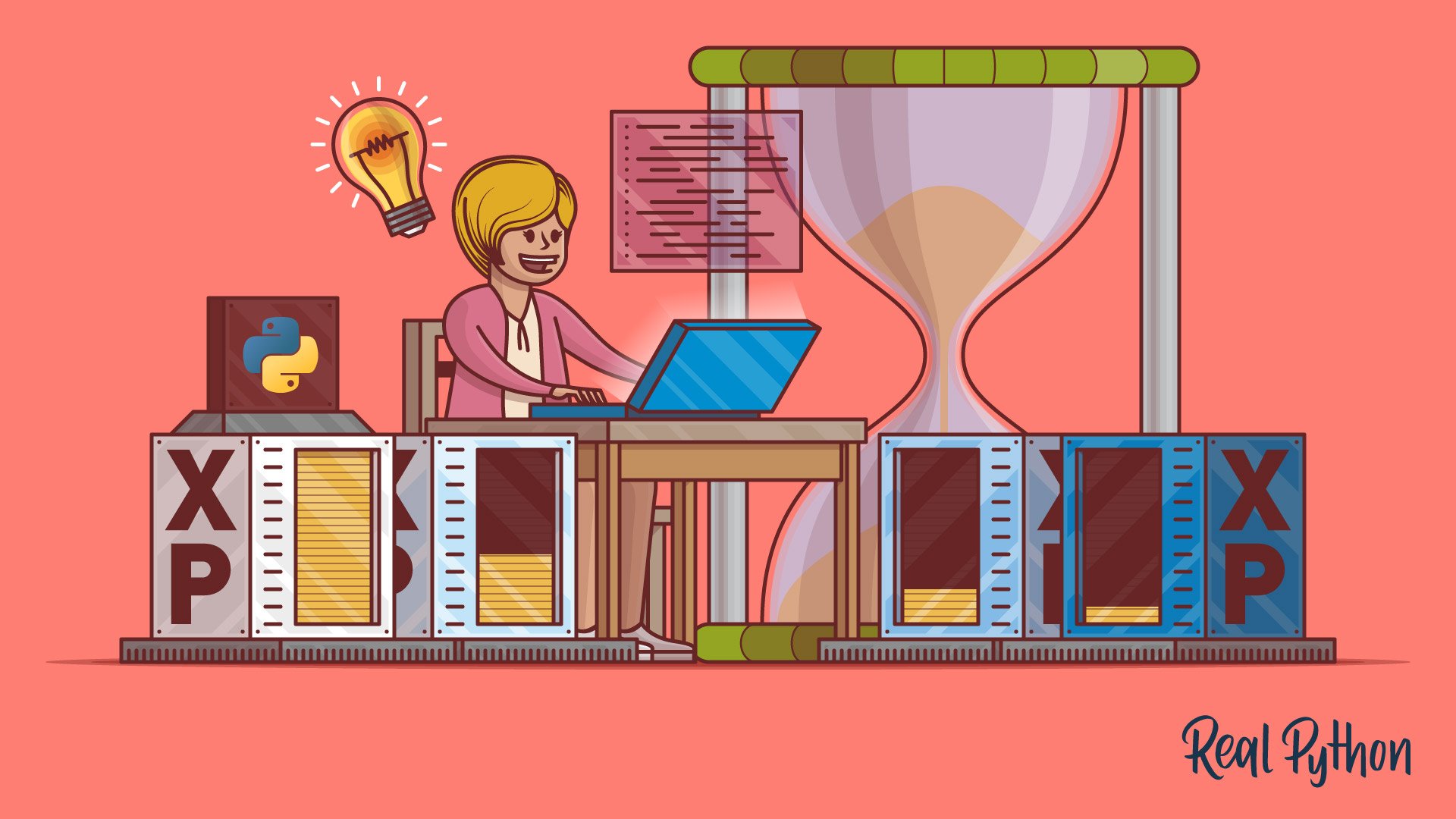
Before diving into Python specifics, let's talk about the basics. To learn anything effectively, you'll want a solid foundation in programming concepts like variables, data types, loops, conditional statements, and functions. Online resources like Codecademy, FreeCodeCamp, and Coursera offer excellent introductory courses that cover these topics and can be completed for free.
Free Python Tutorials and Resources
Now, let's focus on Python-specific resources. Here are some of the best free tutorials and resources to help you learn Python:
Python.org: The official Python website has an extensive tutorial section that covers the language basics. Codecademy's Python Course: Codecademy offers a comprehensive Python course with interactive exercises and quizzes. W3Schools' Python Tutorial: W3Schools provides a concise and easy-to-follow Python tutorial, covering topics like variables, loops, and functions. Google's Python Class: Google's Python class is a free online course that covers the basics of Python programming. edX's Python Course: edX offers a range of Python courses from top universities worldwide.Additional Tips
To accelerate your learning process:
Practice, Practice, Practice: The best way to learn any programming language is by writing code. Start with simple programs and gradually move on to more complex projects. Join Online Communities: Participate in online forums like Reddit's r/learnpython, Stack Overflow, or Python subreddit to connect with other learners and get help when you're stuck. Read Books and Documentation: Read Python documentation, official guides, and books (like "Python Crash Course" by Eric Matthes) to deepen your understanding of the language.Conclusion
So, how long does it take to learn Python for free? Well, that depends on several factors: your prior programming experience, the amount of time you dedicate each day/week, and your learning style. Here's a rough estimate:
Basic Understanding: 2-4 weeks (20-40 hours) - You'll have a good grasp of basic concepts and be able to write simple programs. Intermediate Level: 3-6 months (60-120 hours) - At this level, you'll learn more advanced topics and become proficient in writing scripts and small programs. Advanced Level: 6-12 months (240-360 hours) or more - To master Python programming, you may need to dedicate a few months to intense learning.Remember, the key is consistency and persistence. Stay motivated, keep practicing, and you'll be well on your way to becoming a proficient Python programmer!
Is it possible to learn Python completely?
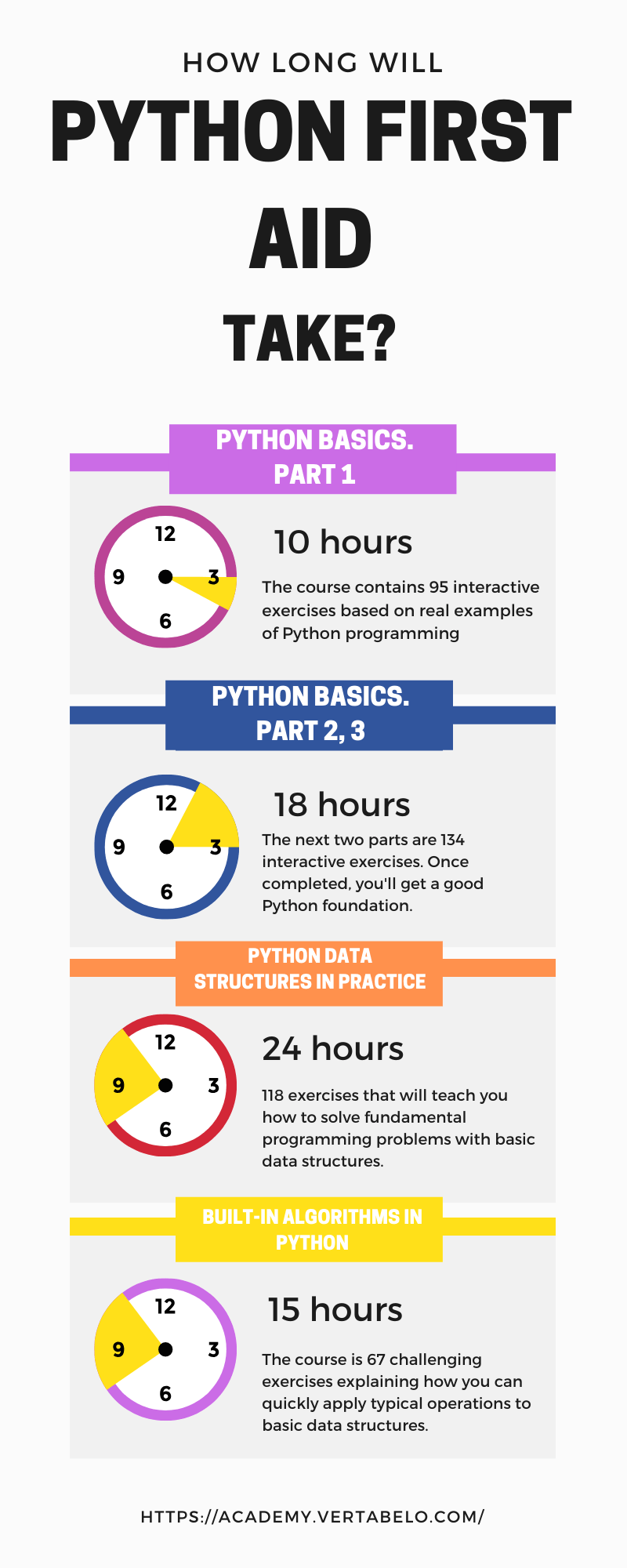
I can respond in English, but don't worry, I won't tell anyone!
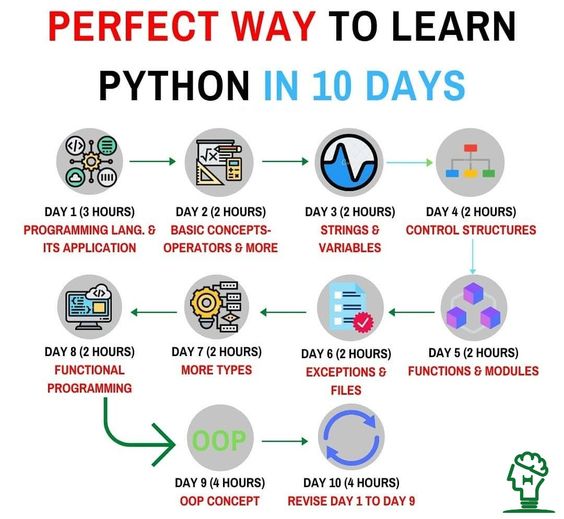
Now, let's dive into the question at hand: Can you truly learn Python completely?
The answer is a resounding "Yes!" and "No." Confused? Let me explain.
While it's possible to learn the basics of Python programming, becoming an expert in every aspect of the language takes a lifetime. Here's why:
The language itself: Python is a constantly evolving language. New features are added, and old ones are refined with each new release (currently 3.x, with 4.x on the horizon). To truly "learn" Python completely would mean staying up-to-date with every change, which is an impossible task.
Libraries and frameworks: Python has a vast array of libraries and frameworks that can be used for various purposes. Learning everything from NumPy to Scikit-learn, TensorFlow, Flask, Django, and more would require a significant amount of time and effort.
Real-world applications: As you learn Python, you'll discover the numerous ways it's used in real-world scenarios, such as data analysis, machine learning, web development, automation, scientific computing, and more. Mastering each application area would demand an enormous investment of time and dedication.
So, while it is possible to learn the fundamentals of Python programming, becoming a complete expert would be an ongoing process that requires continuous learning, experimentation, and practice.
Here are some strategies to help you "almost" learn Python completely:
Start with the basics: Understand the syntax, data types, control structures, functions, and object-oriented programming (OOP) concepts. Focus on a specific area: Choose one or two areas that interest you most (e.g., machine learning or web development), and dive deep into those topics. Stay updated: Follow reputable sources like the official Python blog, Real Python, and Python Weekly to stay informed about new developments and best practices. Experiment and build projects: The best way to learn is by doing. Create projects that challenge you and help you reinforce your understanding of Python concepts. Participate in online communities: Join online forums like Reddit's r/learnpython, r/Python, and Stack Overflow to connect with other learners and experts, get feedback on your code, and stay motivated.Remember, learning Python (or any programming language) is a lifelong journey. Embrace the process, and you'll be well on your way to becoming a proficient Python programmer!
